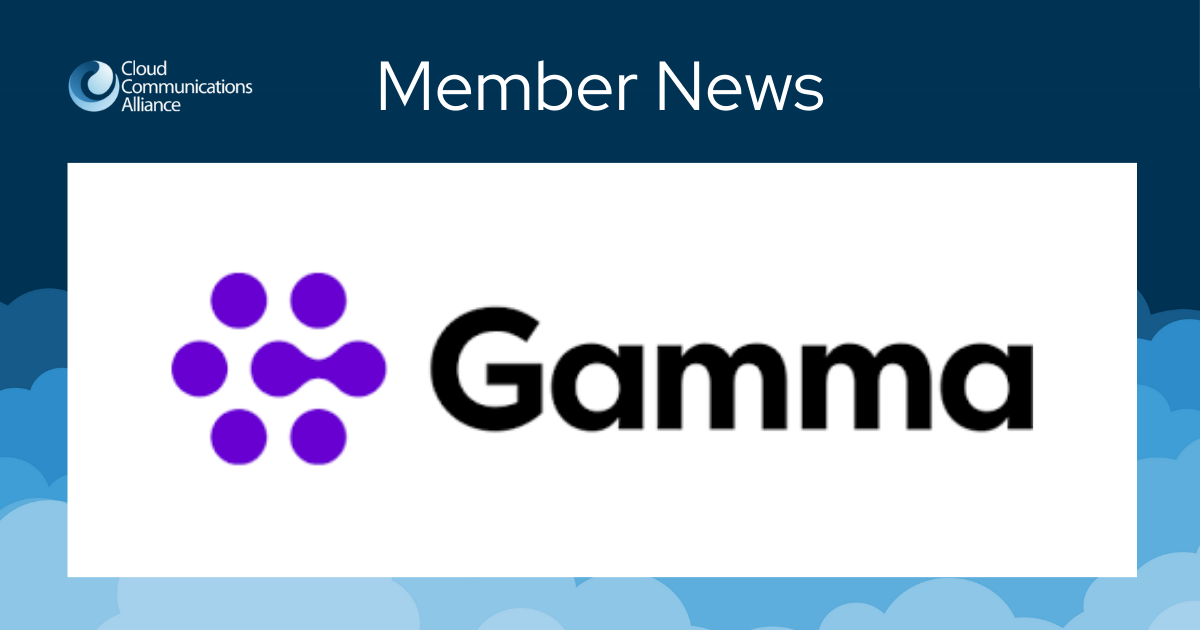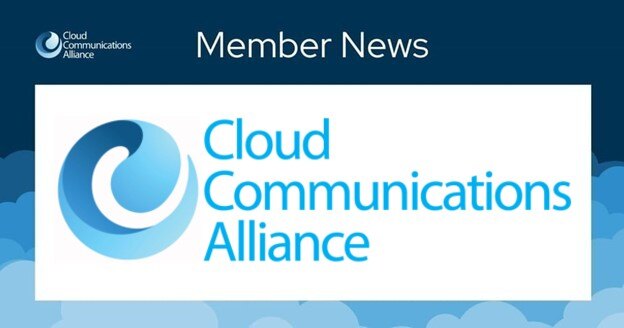FCC to Address Illegal Text Messages

On Sept. 27, the Federal Communications Commission (“FCC”) released a Notice of Proposed Rulemaking (NPRM) that details the FCC’s initial proposal to protect consumers from illegal text messages used to defraud consumers. The NPRM cites FCC data showing that consumers are increasingly receiving illegal and unwanted text messages. In 2020, the FCC received approximately 14,000 consumer complaints about unwanted text messages, an increase of approximately 146% from the number of complaints from the previous year. In 2020, scammers stole over $86 million through texting fraud schemes.
Background
Texts are already subject to many of the same restrictions that apply to phone calls, including the Telephone Consumer Protection Act (TCPA), which requires obtaining a consumer’s consent if using an autodialer to call cell phones. Marketing texts also cannot be sent to numbers on the national Do-Not-Call registry without appropriate consent, and texting is subject to the Truth in Caller ID Act, which bars harmful spoofing of numbers. Texts, however, have not been subject to the FCC’s various efforts to curb unlawful robocalls such as regulations permitting, or in some circumstances requiring, voice service providers to block calls. Nor has texting been subject to the STIR/SHAKEN framework, which requires voice service providers to attest to the authenticity of the originating telephone number based on the extent of their knowledge of the caller’s right to use that number.
Key Proposals
The NPRM includes proposed rules that would extend some of the FCC’s previous actions taken toward call blocking to text messages. At a high level, the proposed rules include the following:
- Require mobile providers must block text messages at a network level (i.e., without consumer opt in or opt out) that are highly likely to be illegal, which means text messages that purport to be from invalid, unallocated or unused numbers, and numbers on a Do-Not-Originate (DNO) list (currently, mobile providers are authorized, but not required, to block voice calls using these kinds of numbers).
- Require all tools that mobile providers use to determine whether a text is highly likely to be illegal be applied in a nondiscriminatory, competitively and content-neutral manner.
The NPRM also tentatively concludes to extend the STIR/SHAKEN telephone number authentication framework to text messaging, and it notes that industry is working on a draft standard applying the framework to texts.
Key Questions
Texting has become a vital communications tool for businesses, and it will be critical that any FCC policymaking differentiates between scammers and legitimate texts that consumers have asked to receive. Throughout the NPRM, there are dozens of questions pertaining to how far the FCC should go in its efforts to block text messages and the scope and timing for implementing STIR/SHAKEN for texts. Some of the questions include:
- Whether providers are blocking these types of messages today and, if so, how such blocking may inform the FCC’s proposal.
- Whether there are additional types of text blocking providers are currently doing (e.g., blocking based on reasonable analytics).
- Whether requiring mobile providers to block text messages at the network level is necessary or whether the FCC should simply continue to allow for such network-level blocking.
- Whether to extend any of these requirements to over-the-top texting platforms such as WhatsApp, Snapchat or Facebook Messenger.
- The timing for implementing STIR/SHAKEN and to whom it should apply.
In the NPRM, the FCC acknowledged that call blocking comes with a risk that consumers could miss wanted calls, and it recognizes that the same concerns exist with its text blocking proposals. The NPRM states, “Because we only propose that text messages deemed highly likely to be illegal would be subject to blocking, we believe the risk of erroneous blocking to be minimal.” The FCC seeks comment on this assumption and whether to apply safeguards to any text blocking requirements the FCC may adopt.
The FCC also seeks comment more generally on the problem of spoofed text messages and measures the FCC can take to encourage providers to identify and block text messages that appear to come from spoofed numbers.
Once the NPRM is published in the Federal Register, interested parties will have 30 days to submit comments and another 15 days to submit reply comments. The NPRM can be found here.
For more information, please contact Michael Pryor (mpryor@bhfs.com) at Brownstein Hyatt Farber Schreck, LLP.

